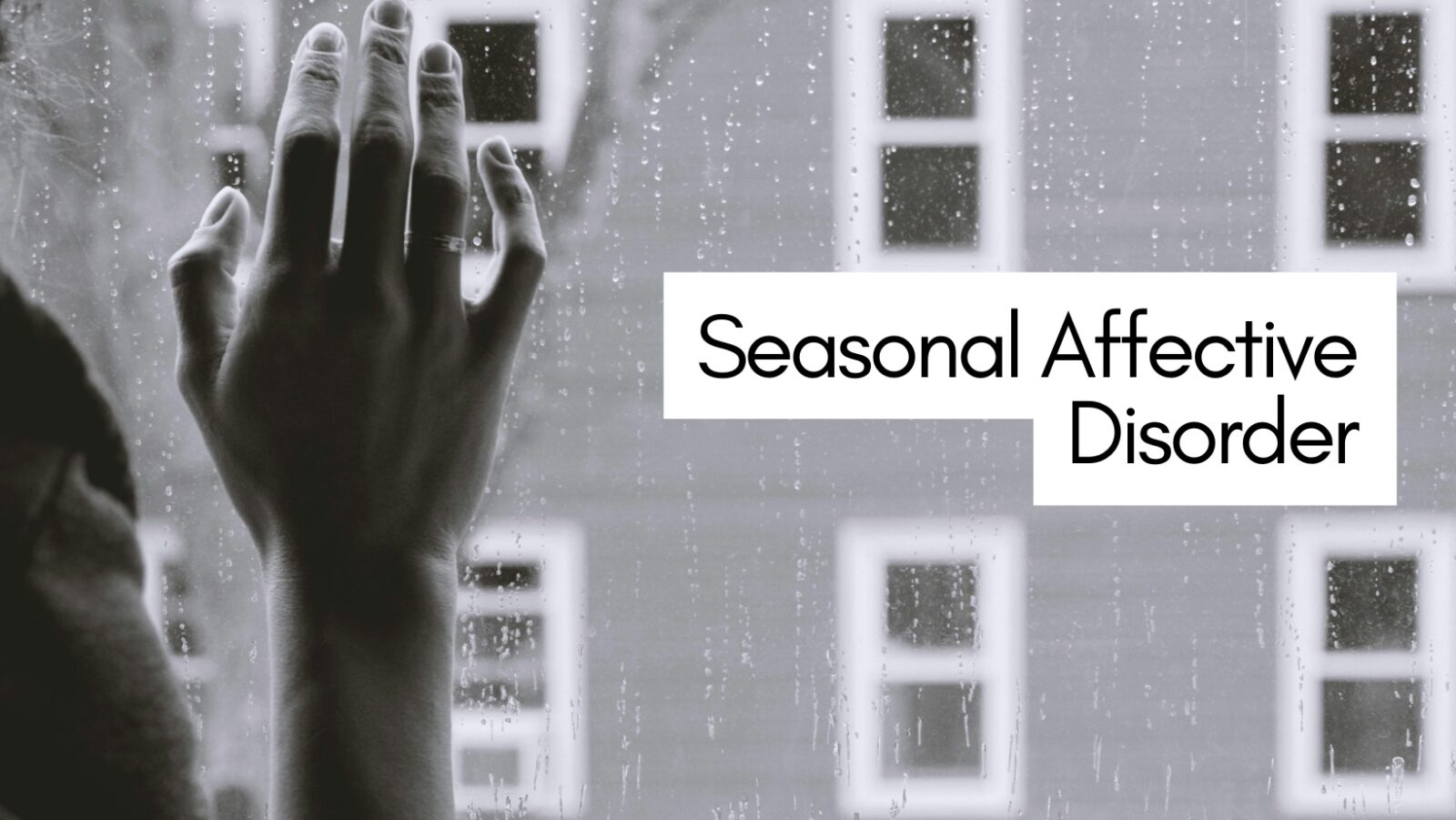Seasonal Affective Disorder (SAD) is a type of depression that occurs at a specific time of year, usually in winter when daylight hours are shorter.
SAD is characterised by symptoms such as low energy, irritability, difficulty concentrating, changes in sleep patterns, and feelings of sadness or hopelessness. SAD is thought to be related to changes in light exposure, which can affect the body’s internal clock (circadian rhythms) and serotonin and melatonin levels.
SAD is recognised annually in the month of December and organisations can get involved in supporting SAD awareness campaigns in several ways:
- Education and Awareness:
- Share information about SAD through internal communication channels, such as newsletters, emails, or informational sessions.
- Provide resources and educational materials about SAD for employees to learn more about the condition.
- Mental Health Support:
- Offer mental health resources and support services to employees, including counselling services or employee assistance programs.
- Encourage open conversations about mental health in the workplace to reduce stigma and foster a supportive environment.
- Flexible Work Policies:
- Consider implementing flexible work arrangements, such as remote work options or flexible hours, to accommodate individuals experiencing SAD symptoms.
- Wellness Programs:
- Incorporate wellness programs that focus on mental health into the workplace, such as mindfulness sessions, stress management workshops, or activities promoting physical exercise.
- Lighting and Environment:
- Optimise workplace lighting to mimic natural sunlight, as exposure to bright light can help alleviate SAD symptoms.
- Create a comfortable and well-lit environment to positively impact mood and energy levels.
- Community Engagement:
- Participate in or organise community events related to mental health and SAD awareness.
- Collaborate with local mental health organisations to promote awareness and support.
Remember, the goal is not to celebrate SAD itself, but rather to raise awareness, provide support, and contribute to destigmatising mental health issues in general.
Workplace Wellbeing Professional and SAD
The challenges of depression cannot be understated. As the days grow darker and colder, it can become increasingly difficult for individuals to grapple with negative emotions. This is where employers can step in and take action to support their workforce.
To read some content relating to SAD and depression, follow the links below:
- Expert Advice for Overcoming Seasonal Affective Disorder
- Anti-Depressant Stigma in Corporate Culture
- Ryan Parish: Early Intervention is Key to Supporting Mental Health in the Workplace
Further resources
- The National Institute of Mental Health provides a comprehensive guide on SAD on their website, including a downloadable PDF factsheet: https://www.nimh.nih.gov/health/publications/seasonal-affective-disorder
- John Hopkins Medicine provides a wealth of information alongside a 2 minute video with everything you need to know: https://www.hopkinsmedicine.org/health/conditions-and-diseases/seasonal-affective-disorder
- NHS Inform provides ten quality tips for combatting the winter blues: https://www.nhsinform.scot/healthy-living/mental-wellbeing/low-mood-and-depression/beating-the-winter-blues/
Joanne is the editor for Workplace Wellbeing Professional and has a keen interest in promoting the safety and wellbeing of the global workforce. After earning a bachelor's degree in English literature and media studies, she taught English in China and Vietnam for two years. Before joining Work Well Pro, Joanne worked as a marketing coordinator for luxury property, where her responsibilities included blog writing, photography, and video creation.



